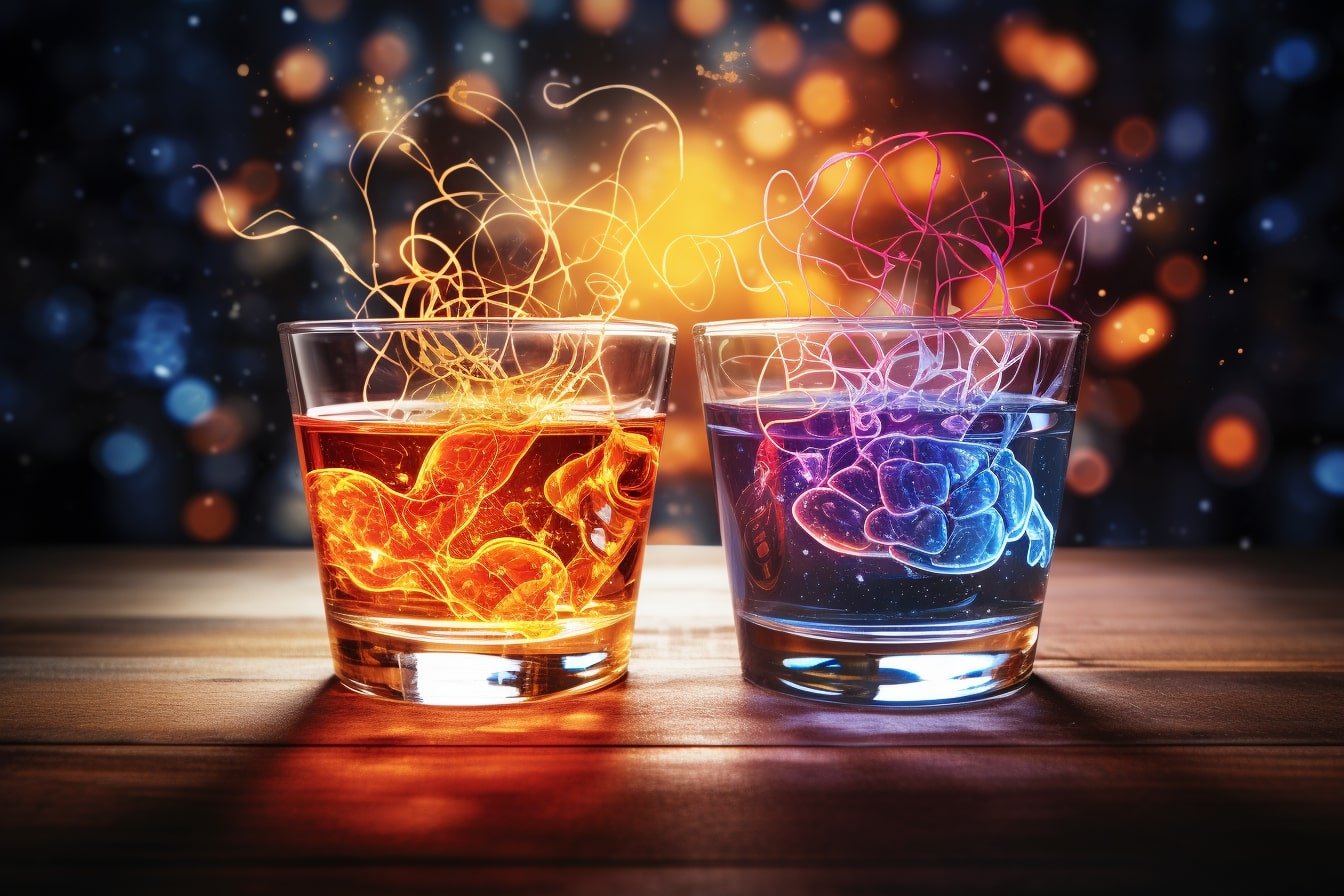The notion of addiction being a disease is widely supported by medical professionals and organizations such as the American Medical Association and the American Psychiatric Association. In this context, addiction is often described as a chronic disease that affects the brain's reward, motivation, and memory systems. The "disease model" of addiction posits that while the initial choice to use substances is voluntary, continued abuse leads to changes in the brain that impair self-control and decision-making abilities.
However, the disease model doesn't negate the importance of personal choice or agency. In fact, treatment often includes behavioral therapies aimed at improving decision-making skills and building healthier coping mechanisms. The disease concept doesn't excuse the behavior or absolve someone from responsibility; rather, it provides a framework for understanding why quitting is so difficult and why medical and psychological intervention is often necessary for recovery.
The idea that individuals can "choose to stop at any time" is a somewhat contentious point. While it's true that personal agency plays a role, the neurochemical changes in the brain due to substance abuse can make the act of choosing significantly more challenging. The altered brain chemistry can affect the reward system, making the "choice" to use feel compelling or even necessary for the individual, despite known negative consequences.
It's a complex interplay of biology, environment, and personal choices. Understanding addiction as a disease can help in developing more effective treatments, reducing the stigma associated with addiction, and providing a more compassionate framework for supporting those who are struggling with substance abuse.





